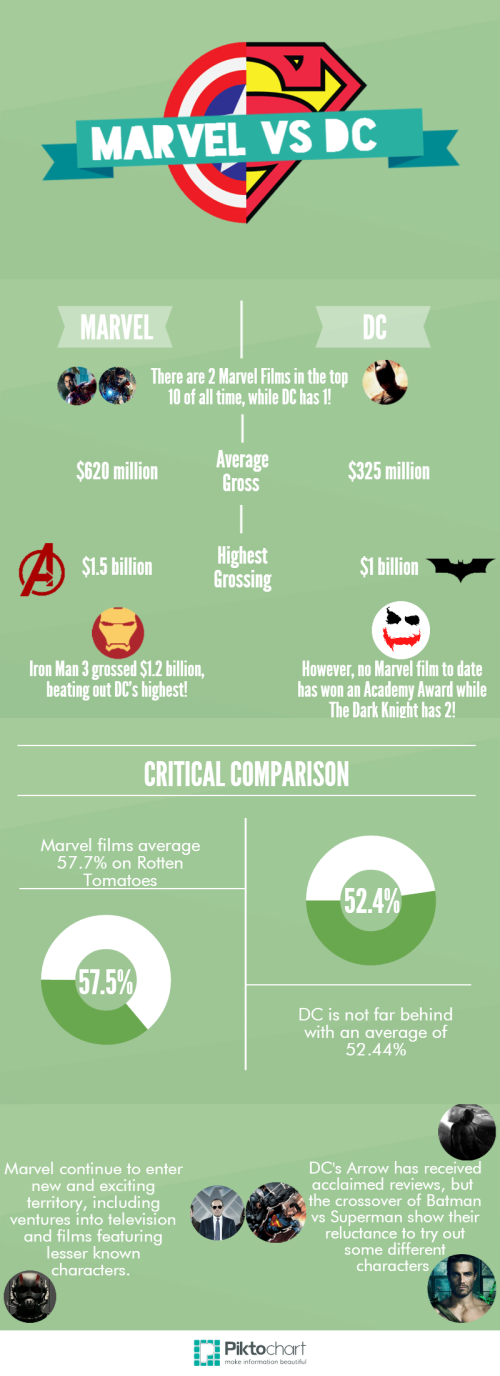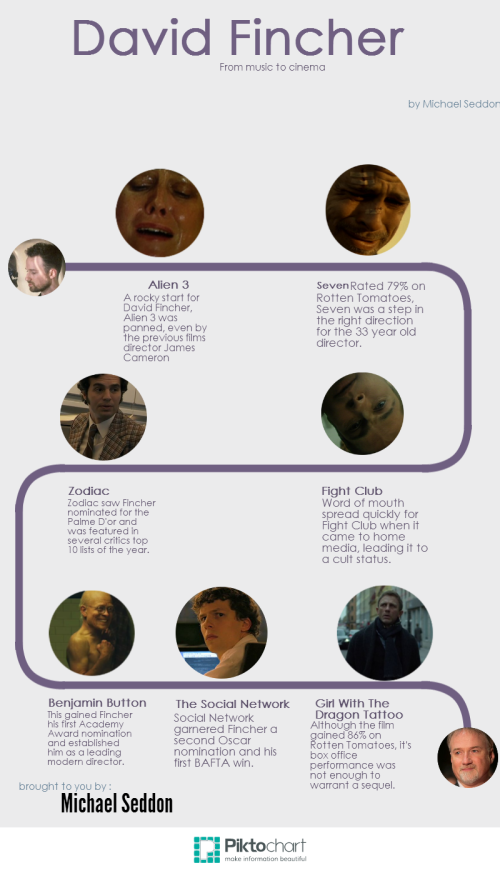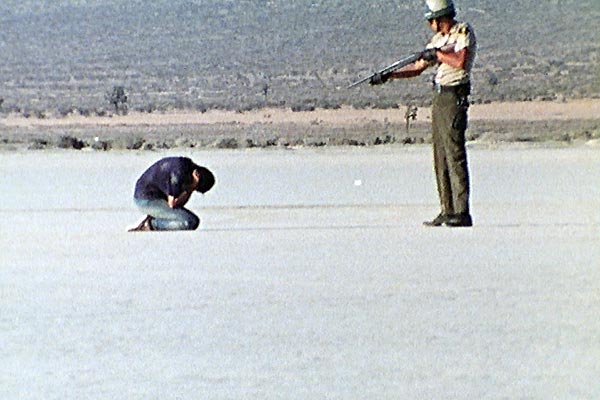Final Reflection
After being tasked with writing reviews after my initial media diary, I decided to explore two films that I hadn’t seen before to review. As a big fan of Brian De Palma’s work, I sought out an earlier film of his that I hadn’t watched before, Phantom of the Paradise and chose this as one of the films I was to review. This inspired me to check out even more of De Palma’s earlier work, and to look in to films that this had been compared to. As well as Phantom of The Paradise, I also bought Punishment Park, a psuedo-documentary from 1971. I enjoyed the former mentioned film a lot more than the latter, though Punishment Park did leave me feeling a greater emotional response to it and encouraged me to check out The War Game, a film in a similar style by the same director, Peter Watkins. Buying these two films on blu-ray inspired me to look into more of the “Masters of Cinema” collection and has helped broaden my horizons when it comes to future film purchases.
After my media diary reflection and the conclusion that I had not seen enough films at the cinema, I was inspired to seek out Amazing Spider-man 2 and Godzilla in order to review them for my blog. I could have branched out into some different films to do this, but I felt their blockbuster nature contrasted with the other two films that I had reviewed.
For my last review, I chose to review the latest (at the time of writing) episode of Game of Thrones. This proved difficult as it was a single episode within a season, and the brunt of the challenge came from assuming my audience already knew previous details of what had happened but to also attempt to give brief reminders.
The cinema screenings with the unit helped me to see some much anticipated films, including two of my favourites of the year in Captain America 2 and Grand Budapest Hotel. The interesting ones for myself were Long Way Down and Need for Speed, as these forced me to step not so much outside of my comfort zone, but to give two films a chance that I would not have watched otherwise. Although I did not enjoy these films, I was glad to have the experience of watching them and writing personal reviews for them helped me write a negative review, as I had previously only written positive ones for myself.
The unit also helped to influence me in my review writing, and I have started reviewing films briefly to myself as soon as I have watched them and then a day later. This has greatly helped me learn not only about film as a whole, but on my own personal cinematic preferences.








